
Hi, this is Sylvea. I wanted to share a story from our Future Fiction Challenge…this one, by Lisa Alleman, an educator at Lakewood Historical Society in Lakewood, OH. Check out the other entries here and submit your story!
If you would like tips from Elizabeth to get you started, read “How to Write the Future.” Here is Lisa’s story….
When bees became an endangered species people finally noticed how vital were to us. Behaviors changed and people took steps to repair damage done to the planet by years of not only neglect but in some cases abuse. Clean energy was embraced.
Then, the Soleil virus damaged most of the data in the Cloud causing the Great Data Drought. People were forced, for a short time to return to the old ways of atlas, index and paper. Museums became a great resource for the lost knowledge and information. Library reference collections were also again used as a daily resource. Some of the largest museums were still at a disadvantage because so much of their information was digitized but smaller museums who still had paper files, photos and educational materials had lines of people waiting for information.
Skip over related stories to continue reading articleWhen the virus was repaired most of the data returned but the crisis caused programmers to reinforce security measures. This resulted in perfecting methods of data transmission and retrieval. The ability to upload information directly into a mind was revolutionary. The lengthy process of learning was transformed. There were drawbacks of course. Legislation had to be created to regulate access to potentially dangerous information and applying this wealth of information worked better for some than for others. Tactile skills still required actual practice and some began to complain that knowledge from computers paled in comparison to experience.
A new brand of Luddite grew and they wanted hands on practice for lost skills. There was renewed interest in house museums that told stories of how people lived before technology became the norm. Tours and workshops covered topics that ranged from food preparation, gardening for the home, childhood before computers, sewing, music and poetry from the past. Hobbies that were lost for decades experienced a rebirth. People kept bees, made candles, and shared honey. Hand sewing, knitting and lace making contests were growing in popularity. People became accustomed to having something in their hands so crafts replaced digital devices that were now outdated since data was now immediately available in their own minds.
People reached out and reconnected with each other and shared what they now knew and wanted experiences that they could share as well. Travel and tourism also flourished as a result of this exploration of the physical world. When space exploration led to the settlements on other worlds people wanted to create museums there as well. They wanted ways to tell their stories about ancestors and memorialize their new struggles to create societies. So the future was bright because museums helped to enhance how people learned. Mankind found a balance between technology and history and it transformed their work within formal learning centers as well as beyond.
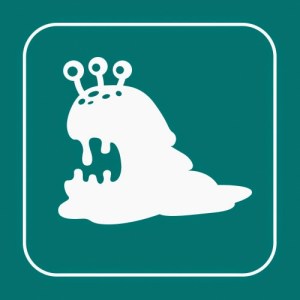


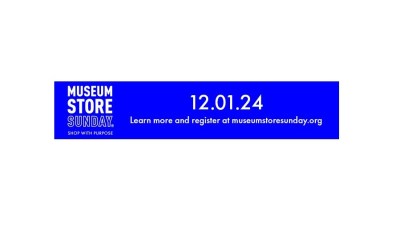
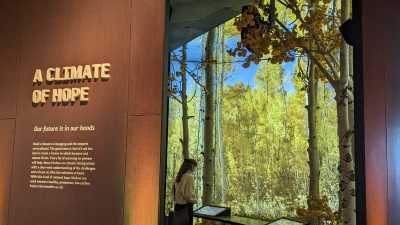
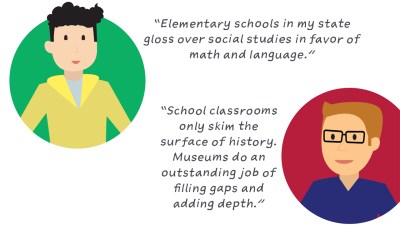
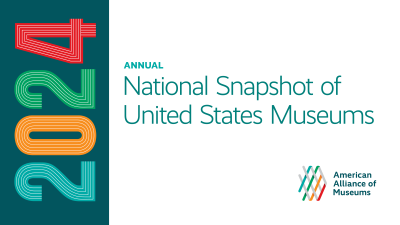

Comments